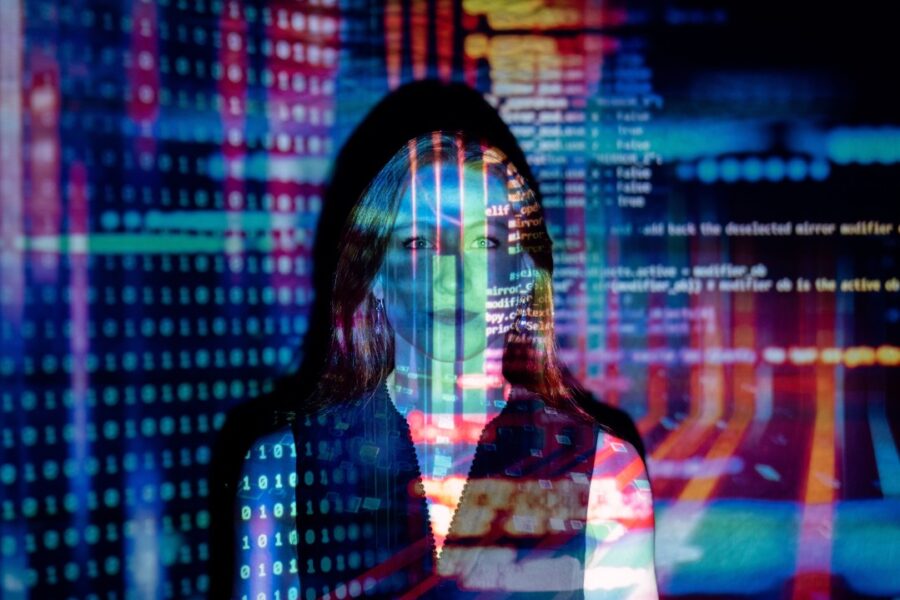The rise of artificial intelligence (AI) has brought forth incredible advancements but also significant legal challenges, particularly with misinformation and deepfakes. Misinformation, which spreads false or inaccurate information, often unintentionally, can have dire consequences when combined with the potent capabilities of AI. Deepfakes, leveraging AI to create hyper-realistic but entirely fabricated videos or audio, exacerbate these issues by making it harder to distinguish reality from fabrication.
From a legal perspective, deepfakes raise critical concerns about privacy and identity. The unauthorized use of an individual’s likeness can lead to privacy violations and identity theft, areas inadequately addressed by current laws such as the General Data Protection Regulation (GDPR). Enforcement remains a daunting task, given the anonymity and technical sophistication of deepfake creators.
Defamation and reputational damage are also significant issues. The harm caused by false information and deepfakes can be profound, impacting careers and personal lives. While legal remedies for defamation exist, proving malice or negligence, especially when dealing with anonymous perpetrators, complicates legal recourse.
National security is another major concern. Misinformation and deepfakes have the potential to destabilize societies by spreading false news, influencing elections, and inciting violence. This threat necessitates a delicate balance between protecting free speech and maintaining public order and safety.
Addressing these challenges requires a multifaceted legal approach. First, there is a need for new legislation specifically targeting the creation and dissemination of deepfakes and misinformation. These laws must clearly define illegal activities and impose stringent penalties.
Moreover, technological solutions are indispensable. Developing AI tools to detect and flag deepfakes and misinformation can help mitigate these threats. These tools should be accessible to the public, media organizations, and fact-checkers, enabling the swift identification and counteraction of false content.
Public education is also crucial. Awareness campaigns can educate individuals about the dangers of misinformation and deepfakes, fostering a more discerning public that critically evaluates the information they encounter.
Collaboration with technology companies is vital. Social media platforms and other tech giants play a pivotal role in the dissemination of information. By working together with these entities, legal bodies can create robust content moderation strategies and rapid response protocols to address the spread of false information effectively.
In conclusion, combatting misinformation and deepfakes from a legal standpoint requires comprehensive strategies encompassing legal reforms, technological innovations, public education, and collaboration with tech companies. By implementing these measures, we can harness the benefits of AI while mitigating its potential harms, ensuring a more secure and informed public discourse.
By Aditya Gupta (Intern)
O.P Jindal Global University

